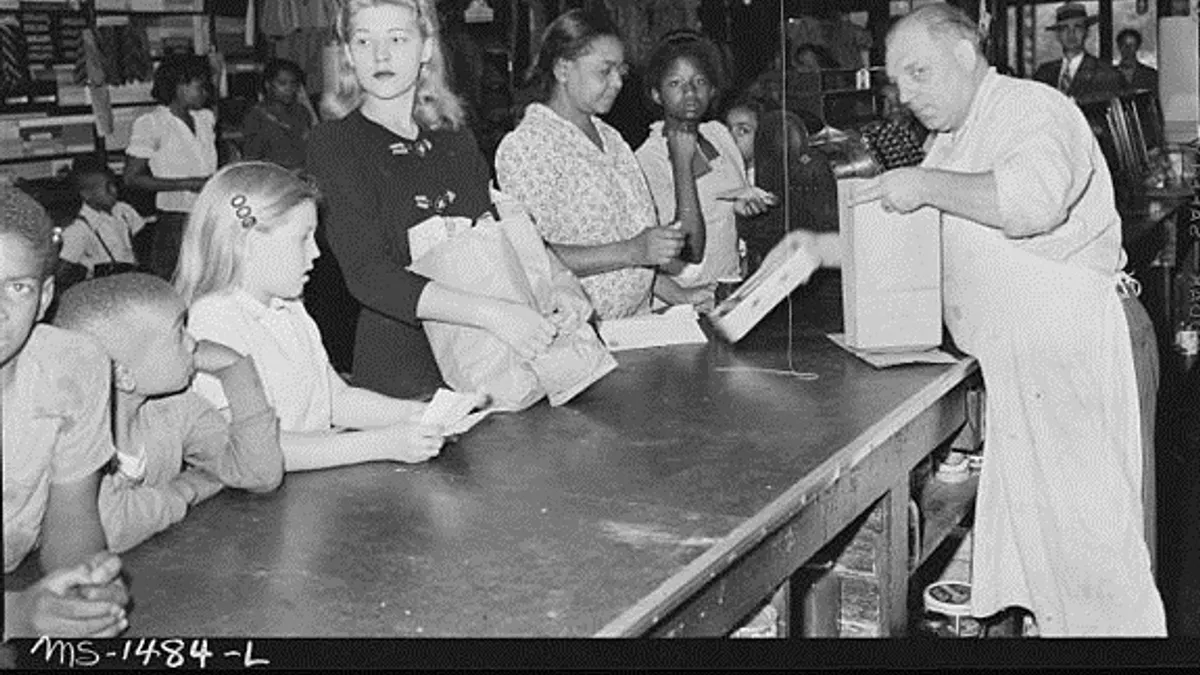On Wednesday, L Brands, which includes Victoria’s Secret, PINK, Bed Bath and Beyond, La Senza, and Henri Bendel, was the latest retailer to announce the end of “on-call scheduling,” also known as “just in time scheduling.”
Algorithms in software have helped retailers lower costs through efficient staffing, cutting loose workers for the day in slow times, having them wait "on call" in case things got busy, and leaving little room for flexibility. But there seems to be rising sentiment in several jurisdictions — and possibly even Congress — to pull back as they greatly affect workers, who are trying to manage their households, attend school, work additional jobs, or earn enough money to get by.
Retailers should be prepared to see more such concerns, warnings, and even legislation as just-in time scheduling gets more scrutiny, says Gail Gottehrer, a labor & employment litigator at Axinn Veltrop & Harkrider in New York who works on behalf of employers. The practice was a major concern when the San Francisco Board of Supervisors last year unanimously passed its Worker Bill of Rights law.
“This can be especially difficult for multi-state employers,” Gottehrer told Retail Dive. “If you’re in a lot of jurisdictions it can be complicated to get things right.”
Legal notice
L Brand's move is widely seen as a response to a letter from New York Attorney General Eric Schneiderman that the retailer may be in violation of New York laws by using the practice. New York, like seven other states and Washington DC, for example, requires employers to pay workers four hours or more of minimum wage if they report for a scheduled shift, according to the National Employment Law Project.
In fact, 13 retail companies — some like L Brands with several brands — received such letters from Schneiderman’s office, including Target, Ann Taylor, Burlington Stores, Crocs Inc., J.C. Penney, J. Crew Group, Sears Holdings Corp., TJX Cos, Urban Outfitters Inc,. Williams-Sonoma Inc., Abercrombie & Fitch, Gap, and L. Brands. And in response, they seem to be dropping like dominoes; Gap and Abercrombie & Fitch also recently announced the end of “on-call scheduling.”
Notably, retailers including Macy’s, H&M, Bloomingdale’s, and Modell’s Sporting Goods have unionized workers in New York. As a result, they know their schedule three weeks ahead, can work full time, and have guaranteed hours, even if a shift sees few customers due to the weather or because fewer than anticipated shoppers show up for a sale.
Finding the right approach
When retailers first began using algorithms to squeeze efficiencies from schedules that were once managed in notebooks and on whiteboards, it seemed like just the thing. A way to bring some sanity to what could be a chaotic problem — how to have more employees working when they’re needed and fewer when they’re not.
The problem is some of that chaos shifted from the employers to the workers.
“The truth of so much technology is, until it plays out you don’t know always know how it’s going to look,” Gottehrer says. “But you can’t always play it out all the way to the human component until you try it out.”
Change is in the air
It’s fair to say that the days of on-call scheduling, at least in the Draconian forms called out by worker advocates, are likely numbered. In fact, many worker advocates say that L Brand's recent move to phase out on-call scheduling doesn't go far enough.
"L Brand employees still have to put their lives on hold," Erin Hurley, an organizer for Rise Up Georgia and a former Bath & Body Works employee, about Wednesday's move. "The company might have ended one type of on-call shifts, but it is still allowing for harmful shift practices: since July, they have been relying on shift extensions at Victoria’s Secret, which are on-call shifts by another name. While we celebrate the step forward, we call on L Brands to take a definitive step toward a fair workweek by giving workers shifts with definite start and end times, and enough hours to support their families.”
There are several reasons for retailers to take a close look at how their scheduling software affects its workers. One is to ensure that it’s not already running afoul of the law in areas they’re operating. Another is to avoid the terrible press that businesses get when they provide tough working conditions.
Businesses should also ensure that they are maintaining a culture where employees can expect fair treatment and some accommodation for family obligations or medical needs, Gottehrer says.
Indeed, the essential approach that labor regulators and lawmakers follow is similar to the Family Medical Leave Act, and other rules that protect employees' ability to care for families and to earn a living.
What to do
The key to a successful schedule policy is to think it through and make changes if it doesn’t fit with your culture (or could be running afoul of the law) Gottehrer told Retail Dive.
“Understand your scheduling tool well,” she says. “Finding a middle ground can be complicated. Ask yourself how much money are you saving by being so mathematically precise, but getting so much bad press and the reputational damage or potentially being sued. Know that at some point it might be a law. The most economically advantageous thing to do might be to let go of this mathematical precision.”
As with any company policy, have a clear handbook that says “this is our culture” and back it up with the steps that managers and workers must take. Then, be consistent about how things are handled, Gottehrer says.
When it comes to scheduling, that means spelling out how workers go about requesting schedule changes or time off and how and why they’re granted. At all times, make such rules and grant such requests in a non-discriminatory manner.
“Have clear policies and apply them consistently across the board,” she says. “A policy that you don’t follow is worse than not having a policy.”
Although retailers first instituted these scheduling policies to “help keep the lights on,” says Gottehrer, they may find that providing scheduling policies that work better for their employees will ultimately benefit them, through higher retention rates and better work.
“Laws will keep changing and society’s focus will keep changing,” she says. “But if that’s your culture, one of compliance and fairness, you’ll be likely to have happy people because they’ll see there was fairness.”




















